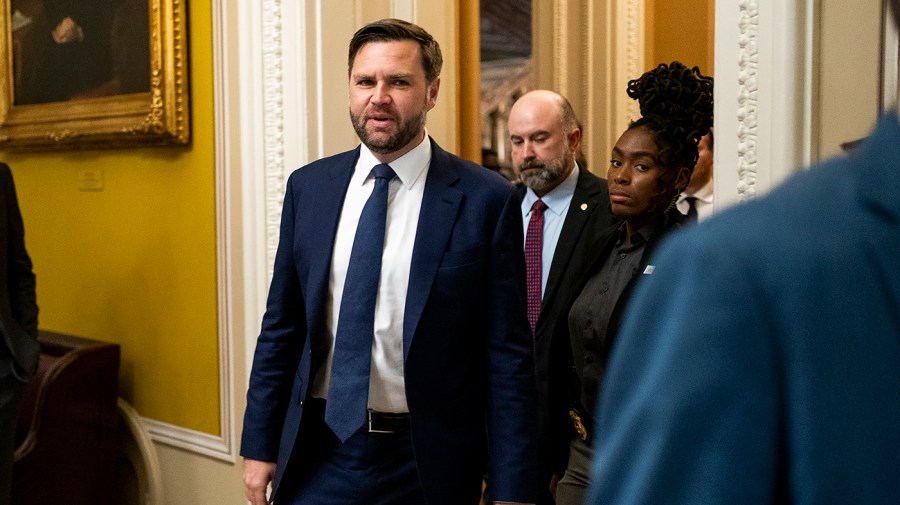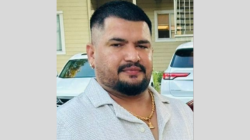Senate Votes to Begin Debate on Bill to Cut Foreign Aid and Public Broadcasting Funding
On Tuesday night, Vice President JD Vance cast the tie-breaking vote that allowed the U.S. Senate to begin debate on a bill aimed at cutting billions of dollars in funding previously approved by Congress for foreign aid and public broadcasting. The vote was 50-50, with Sens. Lisa Murkowski (Alaska), Susan Collins (Maine), and Mitch McConnell (Kentucky) voting against the motion. This decision came shortly after the same three senators had voted against discharging the rescissions package from the Appropriations Committee, which also required Vance’s tie-breaking vote.
Senate leaders are preparing for an extended session of voting on potential amendments to the bill as they work to pass it before a looming deadline set for Friday. The legislation, which passed the House last month, proposes approximately $8 billion in cuts to the United States Agency for International Development (USAID) and foreign aid programs, along with over $1 billion in reductions for the Corporation for Public Broadcasting (CPB).
Senators have expressed concerns about the impact of these cuts, particularly regarding public broadcasting. Murkowski and Collins both voiced their reservations about the proposed reductions and the manner in which the rescissions package was presented to Congress. Murkowski emphasized the need for more consistent legislative processes, stating, “I don’t want us to go from one reconciliation bill to a rescissions package to another rescissions package to a reconciliation package to a continuing resolution. We’re lawmakers. We should be legislating.”
Collins, in a statement, acknowledged the importance of reducing excessive spending but stressed the need for clarity on the effects of such measures. “I recognize the need to reduce excessive spending and I have supported rescissions in our appropriations bills many times, including the 70 rescissions that were included in the year-long funding bill that we are currently operating under. But to carry out our Constitutional responsibility, we should know exactly what programs are affected and the consequences of rescissions.”
The bill has also faced scrutiny from the Trump administration and Republican lawmakers who initially raised concerns about the scope of the cuts. White House budget chief Russell Vought indicated that the administration would be “fine with” an amendment that protects the President’s Emergency Plan for AIDS Relief (PEPFAR) from being impacted by the proposed changes.
Senator Mike Rounds (R-S.D.) had previously hesitated to support the package due to concerns about how tribal stations would be affected by the public media cuts. However, he announced his support after reaching an agreement with the administration. Rounds stated that he worked with the Office of Management and Budget (OMB) to redirect some funds approved under the Biden administration’s Inflation Reduction Act.
“We have an agreement with OMB to resource the funds from other already allocated funding through what had been [former President] Biden’s Green New Deal program, and we’ll take that money and we’ll reallocate it back into the tribes to take care of these radio stations that have been granted this money for the next two years,” Rounds said.
While the CPB provides some funding to NPR and PBS, which have drawn criticism from Republicans over alleged bias, concerns have been raised that the cuts could disproportionately affect rural and tribal stations. Top Republicans are intensifying efforts to secure support for the bill, as the party can afford to lose only three votes in the Senate.
Congress has until July 18 to pass the legislation under a special rescissions process initiated by the White House last month. This process allows the Senate to approve the funding cuts with a simple majority vote, bypassing expected Democratic opposition.







